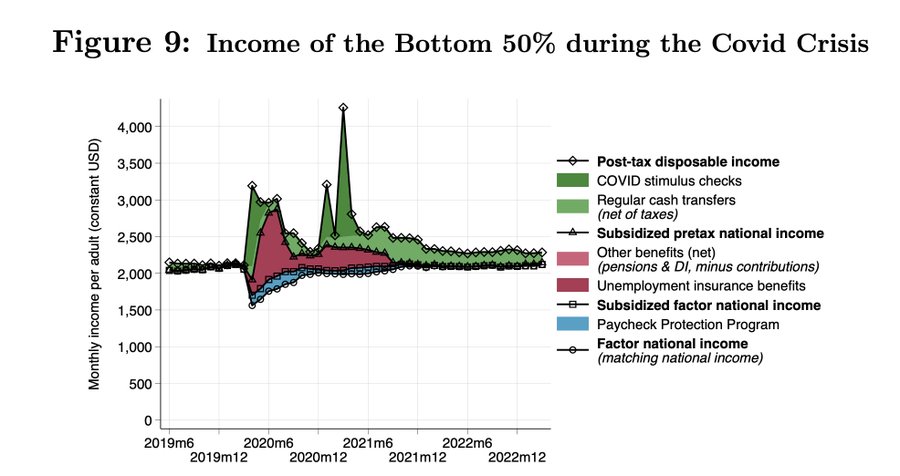We Have the Power—How Will We Use It?
In 2021, the inelegantly named Expanded Child Tax Credit (ECTC) significantly increased the federal government's financial support to parents. It turned out that giving people money made them less poor. This one change alone cut child poverty in half in a single year. In 2022, in control of the White House and both houses of Congress, Democrats let the credit expire. It turned out that taking money from people made them poorer. Millions of children were thrown back into poverty, twice as many as the year before Washington took the credit away.
even immediately after seeing how effective such measures are? What do we do when the government has the power to improve our lives, and chooses not to use it? Voting the right people into office is surely an important part of the equation, but the
and the UAW, two of the country's largest unions. In both unions, small but scrappy groups of rank-and-file members spent decades organizing against corruption and concessions
and for greater member control—including direct leadership elections, which are still extremely rare when it comes to deciding who will lead the labor movement. More recently, insurgent leadership turned both unions into fighting machines that won record contracts and dramatically improved the lives of hundreds of thousands of members. Whether the pieces came together slowly (as with the Teamsters) or with surprising speed (as with the UAW), the events of the last few years show that workers have the power not only to set the direction of their own unions at a national scale, but also to make their bosses pay up big. And UAW president Shawn Fain in particular has stressed that under his leadership, the union intends to fight not just for its members, but "for the entire working class."
unions follow suit, they will be planting the seeds for a general strike, the kind of activity that could put not just hundreds of thousands, but millions of people into open conflict with their bosses.
more in workers and students. Whether something comparable on a national scale will happen in 2028 is far from certain. But it would have been unimaginable just five years ago for the president of a major union, elected directly by the membership, to even discussthe prospect seriously.
--
This list is only for announcements, so you may not post. To contact the list manager, write to junez [at] njfac.org
---
You received this message because you are subscribed to the Google Groups "goodjobs" group.
To unsubscribe from this group and stop receiving emails from it, send an email to goodjobsforall+unsubscribe@googlegroups.com.
To view this discussion on the web visit https://groups.google.com/d/msgid/goodjobsforall/CAPV%3DhmC%2B20yhFdkmp5V8PVm%3DuHL87Qa0dSKtNzuogTQ0pPfHBA%40mail.gmail.com.


